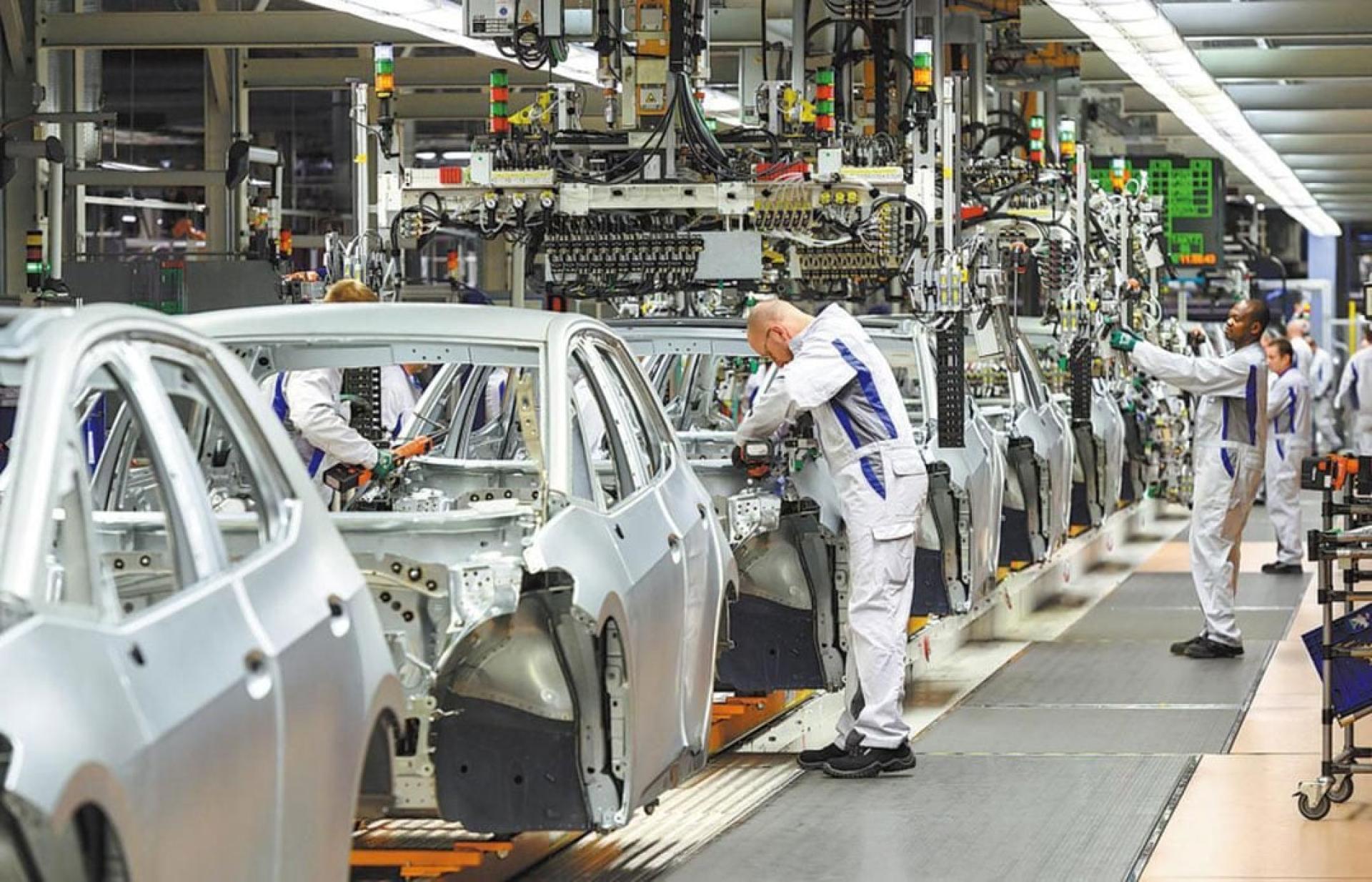Under the impact of increased US tariffs and other factors, Germany's automobile industry is facing a severe test. According to the latest analysis report by consulting firm EY, Germany's auto industry had a net loss of around 51,500 jobs over the past year, accounting for nearly 7% of all positions, making it the most severely affected industrial sector.
The high tariffs implemented by US President Trump have raised the prices of German goods in the US. As a result, vehicle manufacturers such as Mercedes-Benz and Volkswagen, as well as parts suppliers like Bosch, Continental, and ZF, have successively announced cost-cutting plans. Porsche also plans to drastically downsize its battery electric business.
The report also shows that as of June 30, the total number of employees in Germany's industrial sector declined by 2.1% year-on-year, equivalent to a loss of about 114,000 jobs.
EY predicts that the trend of decreasing industrial jobs in Germany will continue for some time. In addition, Germany's industrial revenue has also been continuously under pressure, with revenue falling by 2.1% year-on-year in the second quarter of this year, marking the eighth consecutive quarter of decline.
German industrial insiders say that US tariff policies, as well as high energy prices and weak domestic demand, are putting pressure on the industry's development.
